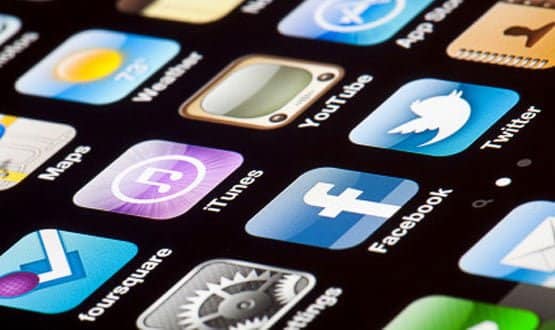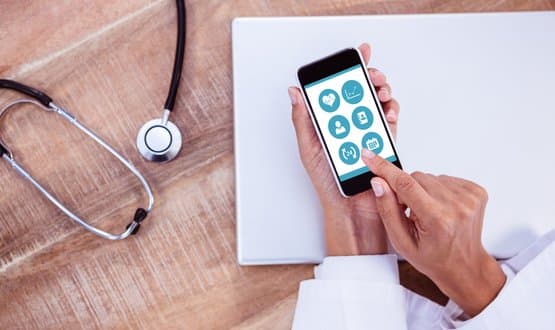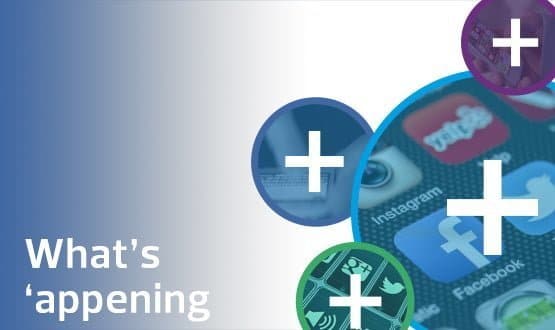Telecoms firms looking to mHealth
- 13 May 2011
Almost half of all global telecoms firms are actively working to break into the mHealth market, according to a London analyst.
The results of the Informa Telecoms and Media’s Vertical Markets survey has shown that 45% of telecoms companies are looking to mHealth to increase revenue.
Senior analyst Sheridan Nye said healthcare is extremely attractive for companies that already provide mobile services, smart devices, and cloud-computing.
Nye told eHealth Insider she expects to see a rapid increase in companies tapping into the ‘self-care’ area of mobile health.
“This market is closest to mobile service providers’ core business, so [it takes] a relatively straightforward business case.
"More of these services will be launched as faster broadband wireless networks are deployed and more connected devices become available.”
The self-care area of the market is also likely to become the most competitive, Nye believes.
“It is relatively open to new entrants. People will buy apps on their smart phones, with or without medically-approved monitoring devices, which will allow them to assess their physical health against benchmarks.”
The Vertical Markets survey asked respondents to complete a questionnaire online.
Health was the third most attractive industry for telecoms companies to break into, behind finance and energy.
Meanwhile, research conducted by the University of Cambridge has urged telecommunications operators to use their networks for “innovation and small-scale application deployments”.
The report asked whether telecoms companies should be suppliers of mHealth applications, or simply enablers.
It concluded operators need to invest in open and generic platforms and have clear strategies about how much of the market they are intending to capture.
The research found an “enormous” range of mHealth products in the market in all areas of healthcare.
But lead author of the report, Professor Ian Leslie, said there is information which is not being taken advantage of.
“There were two things of note that we didn’t found deployed other than in limited trials: the use of information gathered by mobile applications to inform public health, and the evaluation of the effectiveness of applications.”
The research also indicated mHealth would have the most significant impact in rapidly developing healthcare systems.
However, where healthcare systems have been long established it is difficult to deploy applications that strongly interact with the healthcare system.




